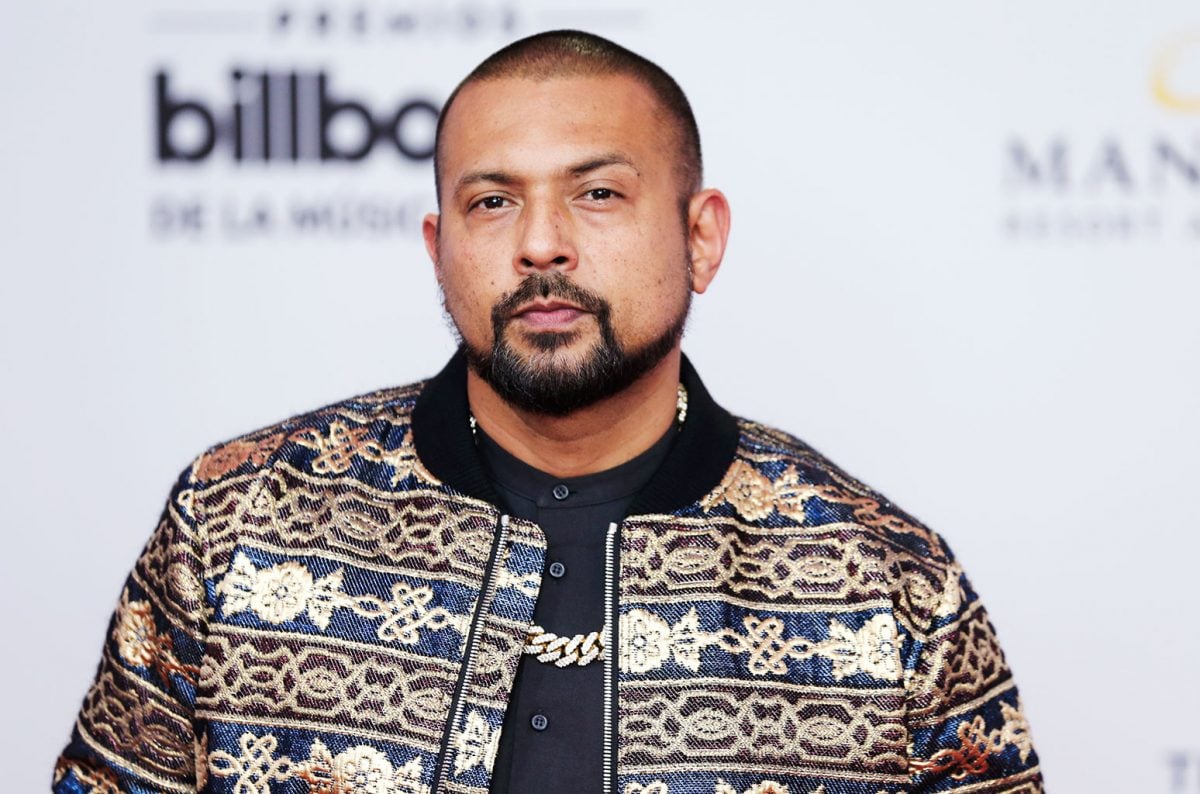Sean Paul Doesn’t Care About Lack Of Street Cred In Jamaica

Dancehall superstar Sean Paul has maintained that whether or not he has “street cred” in Jamaica is a non-factor at this point in his career. He’s implied that he’s in good company as Koffee, though revered across Jamaica, has not attracted street cred either.
Street cred, is one of Dancehall’s most powerful currencies, with which a deejay can create a legacy that perpetuates long after they have passed, as in the case of Tenor Saw (Ring The Alarm) who spent his childhood years in the rough communities of Payne Land, Maverley and Olympic Gardens and who was murdered at age 21, and after whom Lady Saw was named.
Dancehall itself, is considered music of the ghettos reserved for people who have experienced economic struggles, with those who have not undergone rough life usually being unable to command a level of respect or popularity with and acceptance by the general public right across the island.
It might be for this reason then, that Sean Paul, being “brown and from Uptown”, has, over the years been seen as an outsider, which has left many to question and deride his street cred.
During an interview with Television Jamaica’s The Entertainment Report, Sean Paul was quizzed about his current thoughts on his street cred in Jamaica.
“Street cred – you had said street cred is the thing that might have eluded you at one point… street cred, does it matter?” host Anthony Miller had asked the Dutty Rock artist.
“I don’t tink Koffee has and she is doing very well for herself. I don’t think she has the street cred in terms of people saying: ‘yeh man a she a mi boss; she a mi artiste. People like her songs,” Paul said. “Suh same ting wid me; same ting wid quite a few artistes out there.”
“But what is the point of it all that I am trying to show is that there is many avenues. That is what I am trying to promote right now, the positive parts of what we doing,” he added.

The Deport Them singer continued, “The reason I am putting out so much work back-to-back during a pandemic, people need to lean up pon music and also younger or independent artistes who are doing this day-to-day, and I am just trying to keep up with the pace of what they are doing.”
“Now a lot of people might say: you watering down your music, but for me it’s not so. I am an established artistes and once I put something in the roster I have it in the roster and who don’t know about it will find out about it.”
Sean Paul had officially announced on his Twitter page in 2009, long before the platform became popular in Jamaica, that street cred was of no importance to him.
“I need no street cred,” he tweeted on November 13 that year.
i need no street cred
— Sean Paul (@duttypaul) November 13, 2009
However, three years later, in early 2012, Sean Paul felt the ire of many Jamaicans after he took to Twitter, this time, to lambast his detractors writing: “Rrr!All jamaicans weh no like nor rate mi or my music go s*ck u mada wit straw!!! A me a represent u!Rrr!!!,”
He later told TVJ’s Entertainment Prime, that he was simply speaking his mind and did not regret making the remark, as he was “only human”.
“I said what I said and I feel like if I can’t said what is on my mind then why speak at all,” Sean Paul is reported as saying. Sometimes people is human being, mi no have no apology fi it because that’s how I felt, mi a wear the flag fi Jamaica long time and still doing it. I’ve been one of the most successful Dancehall artistes, yo don’t have to love mi music, yo don’t have to rate mi, yo no haffi rate mi hussle. I could have go buy mi Maserati and go weh go foreign go live, but am here same way with the people who help create me.”
In July 2019, The Fader published an article by Summer Eldemire titled Does Jamaica still rate Sean Paul? In which she noted that: with his new international success, Sean Paul has lost Jamaican listeners.
“His new music is made for the Miami club, not the street dances of downtown Kingston. The sad fact is, the richer and more international he’s gotten, the less his content relates to the day-to-day life of the ghetto on which Dancehall is founded,” Eldemire wrote.
“And it’s not that he hasn’t tried with the local market. He still collaborates with local artists such as Squash, Alkaline, and Chi Chi Ching, who signed to SP’s Dutty Rock label in 2015,” she added.
